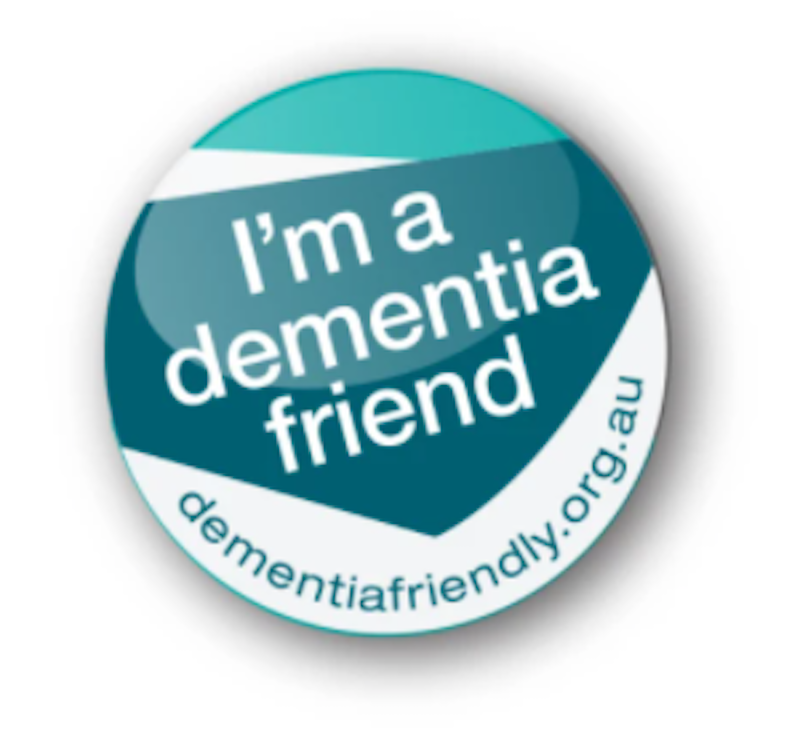When choosing a jigsaw puzzle for elderly individuals, there are a few factors to consider to ensure an enjoyable and accessible experience. Here are some suggestions:
-
Piece Size: Look for puzzles with larger puzzle pieces that are easier to handle and see. Larger pieces can be more manageable for elderly individuals, especially those with limited dexterity or visual impairments.
-
Piece Thickness: Opt for puzzles with thicker puzzle pieces. Thicker pieces are easier to grip and manipulate, which can be beneficial for individuals with arthritis or weaker hand strength.
-
Puzzle Size: Consider the size of the puzzle. Larger puzzles typically have larger pieces, making them easier to handle and see. However, keep in mind the available space for assembling the puzzle.
-
Image Selection: Choose puzzles with images that are familiar and appealing to the elderly person. This could include pictures of nature, scenic landscapes, animals, or nostalgic themes that may evoke positive memories.
-
Puzzle Difficulty: Select puzzles with a lower difficulty level, such as those with fewer pieces or simpler designs. Starting with puzzles that have larger piece counts or more straightforward patterns can help build confidence and maintain engagement.
-
Visual Clues: Some puzzles may have additional visual clues, such as larger areas of color or distinctive patterns, to assist with the assembly process. These can be helpful for individuals who may need extra guidance.
-
Quality and Durability: Look for puzzles made from high-quality materials, such as sturdy cardboard or wood, to ensure durability and longevity. This will also enhance the overall experience for the elderly person.
-
Puzzle Accessories: Consider providing additional tools or accessories to aid in the puzzling process. This could include a puzzle mat to easily store and transport the puzzle or a puzzle roll-up to prevent pieces from getting lost.
Ultimately, it's important to consider the specific abilities and preferences of the elderly person when selecting a jigsaw puzzle. Engaging in a meaningful and enjoyable activity can provide cognitive stimulation, relaxation, and a sense of accomplishment.










